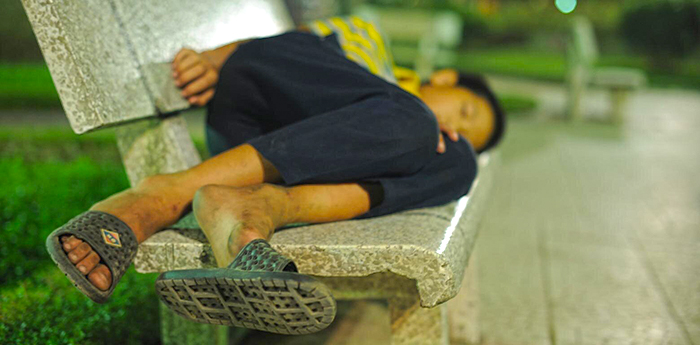
In the world’s schema of things, survival of the fittest is the rule. In God’s schema, the survival of the weakest is the rule. God always stands on the side of the weak, and it is there, among the weak, that we find God. Fr. Rolheiser writes that the great Jewish prophets, the forerunners of Jesus, coined a mantra that ran something like this: The quality of your faith will be judged by the quality of justice in the land, and the quality of justice in the land will be judged by how “widows, orphans, and strangers” (biblical code for the three most vulnerable groups in society) fared while you were alive. Jesus would agree. When he describes the last judgment at the end of Matthew’s Gospel, he tells us that this judgment will not be about right doctrine, good theology, church attendance, or even personal piety and sexual morality, but how we treat the poor. Nobody gets to heaven without a letter of reference from the poor. Jesus and the great biblical prophets make that clear. This challenge to justice doesn’t negate other religious and moral obligations. Still, it always remains a fundamental, non-negotiable principle: We are going to be judged by how the most vulnerable groups (“widows, orphans, and strangers”) fared while we were alive and practicing our faith. The challenge is a strong one.
